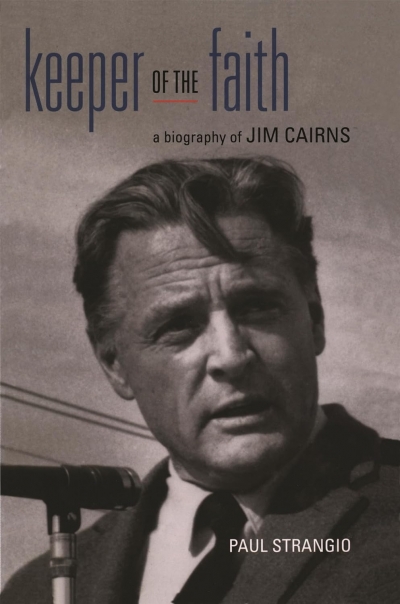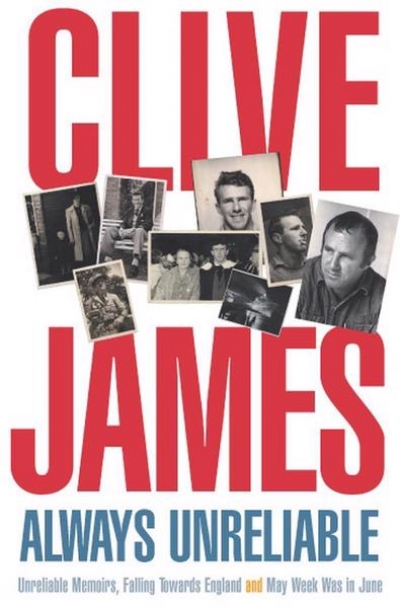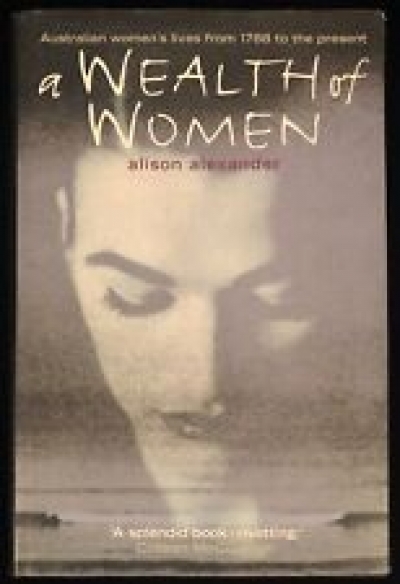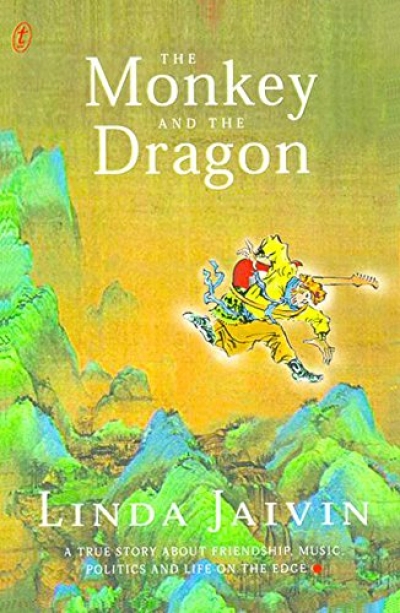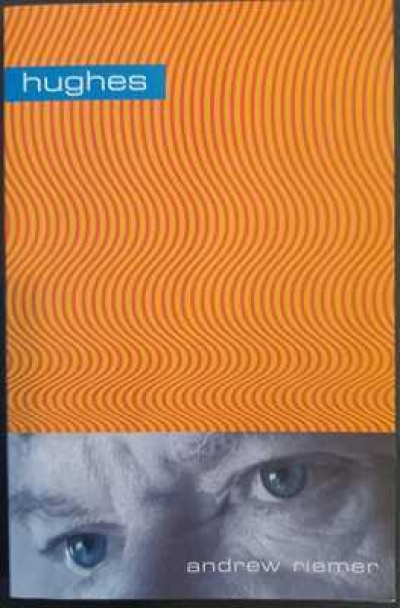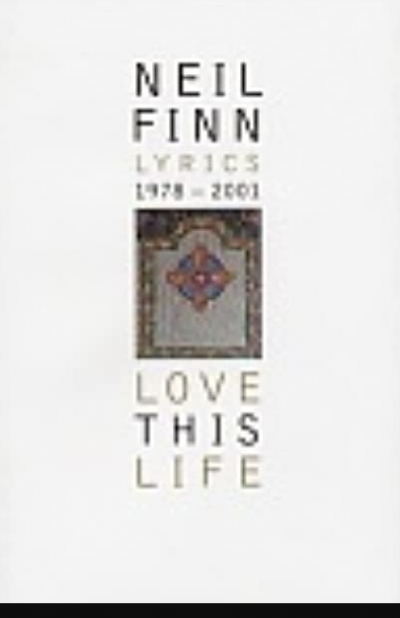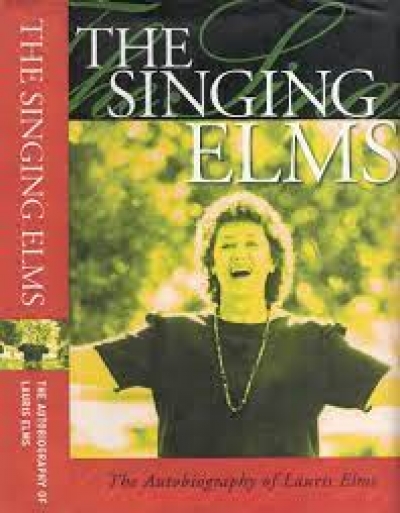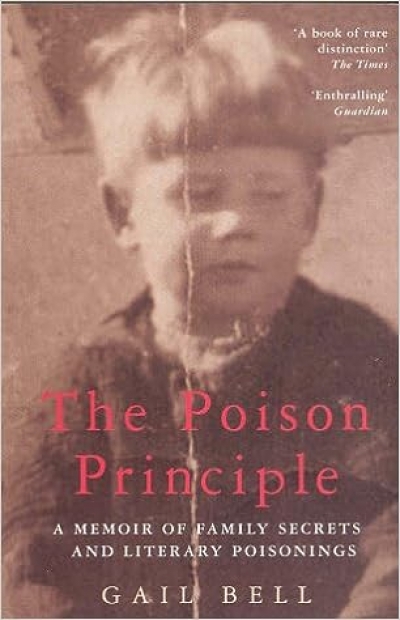Memoir
At seven o’clock on the morning of 2 February 1999, I was due at the Memorial Hospital in North Adelaide to relieve my older sister at my mother’s bedside, where she had been all night. The alarm was set for six. At five-thirty, I was woken by the phone; my mother had died, as we had known for a couple of days that she would, from complications following a cerebral haemorrhage.
... (read more)It’s the silence. Even by the river, my ears are straining. It’s the silence. At this moment it’s a warmish humid silence with the grass outside lushly mesmerising the eye.
... (read more)Keeper of the Faith: A biography of Jim Cairns by Paul Strangio
by Gideon Haigh •
A Wealth of Women by Alison Alexander & Eating the Underworld by Doris Brett
by Joy Hooton •
The Monkey and the Dragon: A True Story about Friendship, Music, Politics and Life on the Edge by Linda Jaivin
by Alison Broinowski •
Hughes by Andrew Riemer & Ellis Unpulped by Michael Warby
by Peter Beilharz •
The Singing Elms: The autobiography of Lauris Elms by Lauris Elms
by Alastair Jackson •

